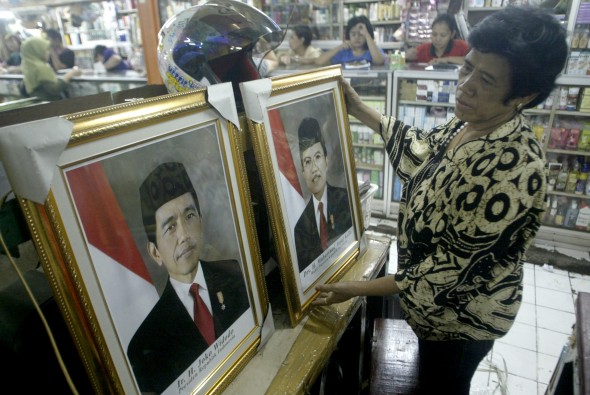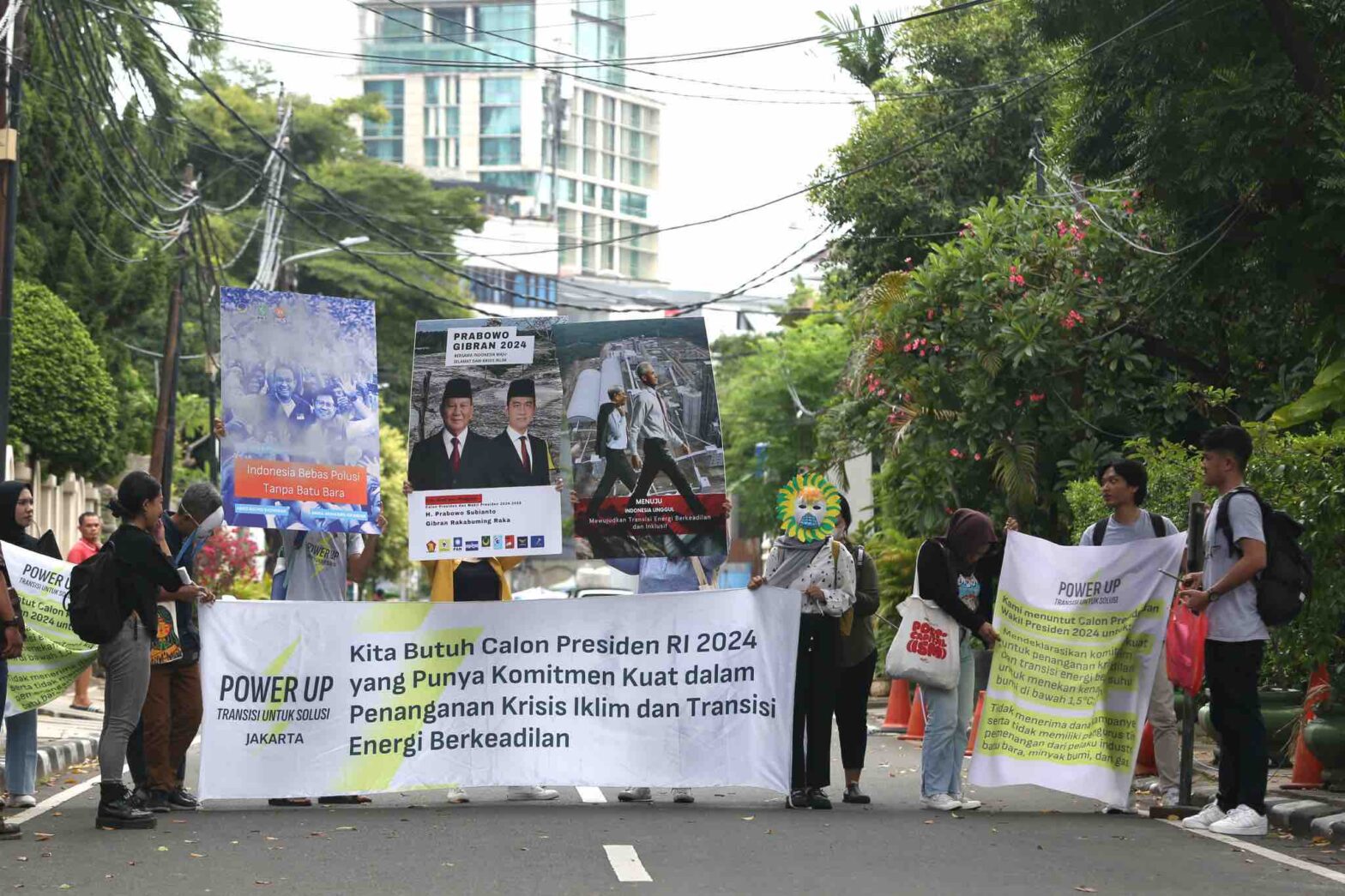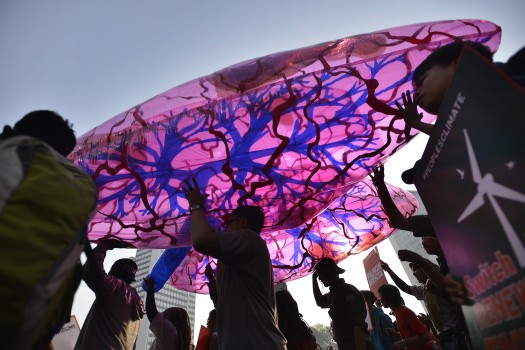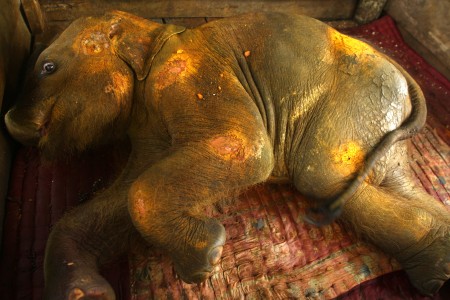Jakarta, Ekuatorial – A few days before his inauguration as Indonesia’s seventh president, Joko “Jokowi” Widodo made an ‘international debut’ being the cover of Time magazine on its 27th of October issue. The title that accompanies his close-up cover was “A New Hope: Indonesian President Joko Widodo Is A Force For Democracy”.
The cover then made a national headline not only because of people are so excited to see their president on the front page of an international publication, but also for the sentiment that many Indonesians are very hopeful for his up-coming leadership.
Coming from a modest background, Jokowi started out his political career by becoming a mayor in his hometown, Solo of Central Java province, in 2005. His ‘people-centric’ approaches and policies made him got elected twice as mayor. He translated his ‘working for people’ motto through ‘blusukan’, impromptu visits he made to public places, such as markets and slums.
He then moved up to become governor of Jakarta, the capital city, in 2012. Only two years in office, Jokowi had garnered supports to run for presidential election. After bruising presidential campaigns, Jokowi won the race against former commander of Indonesia’s Special Forces, Prabowo Subianto.
His inauguration, held on Monday, October 20, will not only limited to official guests, heads of states and world leaders alike. But, thousands of people are expected to join the post-inauguration procession sponsored entirely by volunteers.
Though he is not known for his speeches, Jokowi is scheduled to deliver his remark as president at the National Monument or popularly known as Monas. Nevertheless, many would be anticipating on what he had to say or what he would do in the next five years. That includes green activists and environmentalists.
Though he did not voice out environmental issues quite often during his presidential campaigns, Jokowi and his vice president, Jusuf “JK” Kalla, have included these issues in their vision and mission platform.
The pair had committed to restore the environment, protect and acknowledge indigenous people, resolve land conflicts, implement energy security, manage its forest better, tackle climate change, practice spatial planning and sustainable development, and encourage marine and coastal areas development.
From a previous interview, Abdon Nababan, secretary general of AMAN, Indigenous People’s Alliance of the Archipelago, said that Jokowi was their hope to get recognized and acknowledged as indigenous people in their own country.
“He [Jokowi] made that promise that he will personally step in to deal with all regulations concerning indigenous people, especially with the Constitutional Court [which excluded customary forest as state forest] and indigenous people’s bill [which is currently still in the parliament],” said Nababan firmly.
He underlined that Jokowi’s promise was very straightforward in his vision-mission platform. “So, he can’t dodge that promise. If he does, we would just refer to that document,” he said.
Meanwhile, Chalid Muhammad of Society for Community-Based Legal Form and Ecological, HuMa, reminded Jokowi for a better forest management especially on public’s participation. He argued that without public’s participation, more land conflicts will increase as permits were issued only to a handful of people.
To shrug off those concerns, Jokowi, represented by Anies Baswedan, his former spokesman, announced his strategies for the environment. He had promised to review all permits, form an anti-mafia task force on natural resources, tackle forest fires, and fully protect forests, peatlands, and coastal areas.
Nevertheless, the devil is in the details. His predecessor, Susilo Bambang Yudhoyono, was seen as half-heartedly on pursuing sustainable development. Yudhoyono went on to implement logging ban but had been reluctant to review all permits issued by government. He was known for his ‘heroic’ act when announced the country’s emissions cuts for 26 percent by 2020 and 41 percent with international help by 2020. However, forest fires, allegedly done by humans and worsen by long dry season, are still ravaging Riau and Kalimantan up to date.
So, in order to fulfill his promises, Jokowi must take drastic measures and leave ‘business as usual’ attitude. He should start to consider environment as the back-bone for development. It should be carried out in accordance to the environment’s ability to cope. Not the other way around, forcing Mother Earth to stand tough on exploitative-based development. Fidelis E. Satriastanti.
Read also :
14 promises to keep under Jokowi-JK administration
Jokowi announced four strategies to save the environment
Forest management reform : a little reminder for elected Indonesian president, Jokowi



